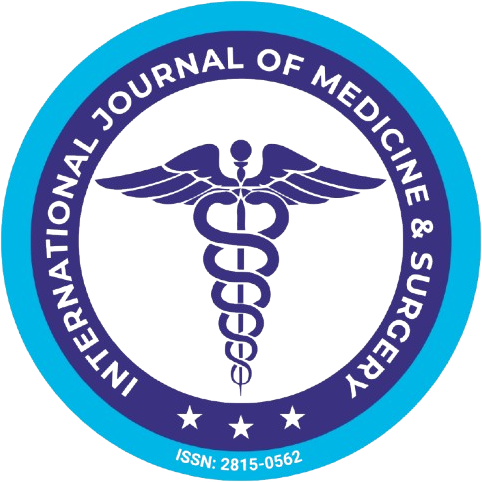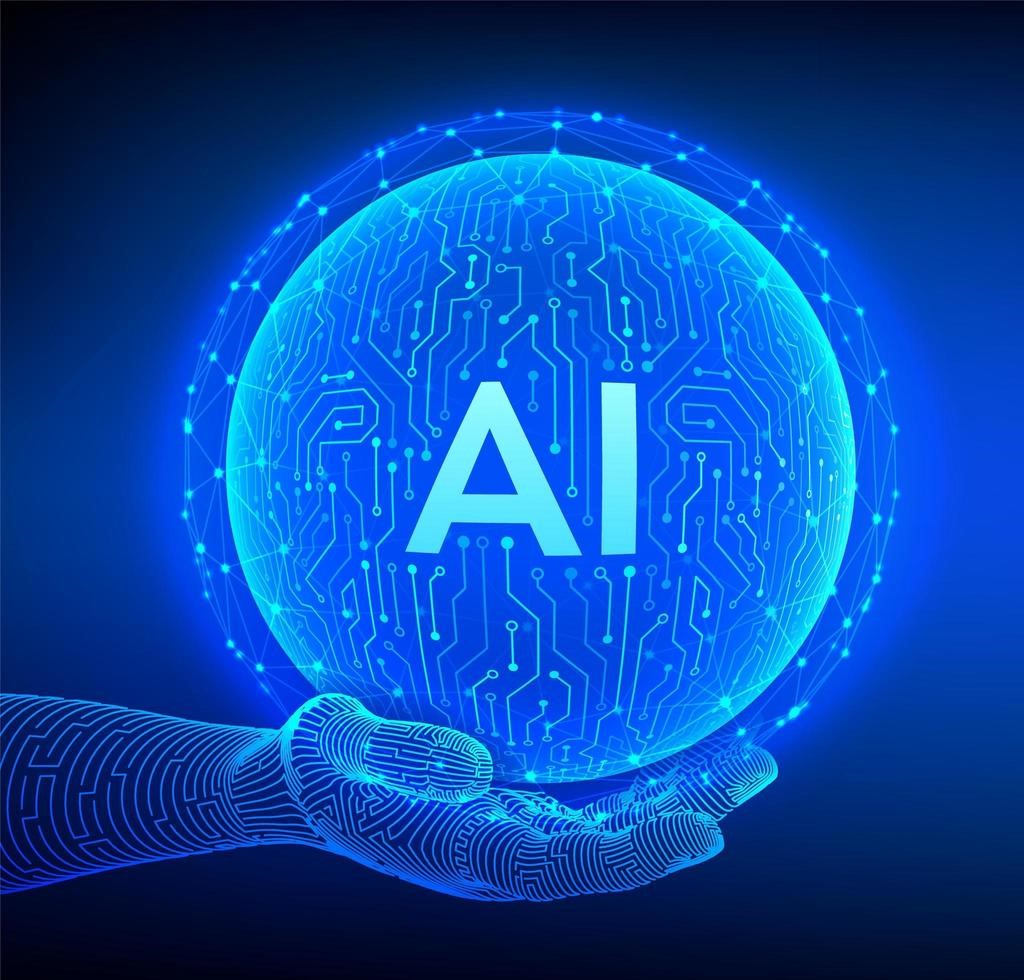Vol. 4, No. 2 (2024)
-
NEW METHODS FOR THE AUTOMATED DETECTION OF ABNORMALITIES IN ULTRASOUND IMAGES OF THE OVARY
Dileep AAbstract
Polycystic ovary syndrome (PCOS), a hormonal disorder with diverse diagnostic criteria, is currently diagnosed through manual analysis of ultrasound images, requiring time-consuming and subjective tracking and measurement of follicles. This paper presents a novel automated approach to PCO detection. Our method employs a modified Otsu approach, where several optimization algorithms including Particle Swarm Optimization (PSO) and its variations, Pigeon Inspired Optimization (PIO), and Invasive Weed Optimization (IWO) maximize class variance to achieve optimal follicle segmentation. Following follicle extraction from ultrasound images, their features are automatically quantified using stereology, and these attributes are stored as feature vectors. These vectors are then used for binary classification based on PCO presence or absence. Correct segmentation performance is evaluated using standard quality metrics. This automated approach has the potential to significantly improve the accuracy, objectivity, and efficiency of PCO diagnosis, reducing reliance on manual assessment.
Keywords
Polycystic ovary syndrome, Particle Swarm Optimization, Pigeon Inspired Optimization, Invasive Weed Optimization,- PDF View and Download Full Article
-
INTEGRATION OF ARTIFICIAL INTELLIGENCE IN COMPUTER-AIDED DRUG DESIGN: ADVANCING DRUG DISCOVERY AND DEVELOPMENT PROCESSES
Neha Jain, Dhiraj Kumar, Supriya Singh, Sarita Joshi, Ashish Joshi, Sachin Kumar YadavAbstract
Artificial intelligence (AI) is also called computer-aided drug discovery (CADD). The initial development of AI in pharmaceutical discoveries has arisen from the applications of AI in Medicinal chemistry. The basic areas where AI is much involved are: (1) quantitative structure activity relationship, (2) structure based modeling, (3) de novo molecular design, and (4) predictions of chemical synthesis. The widespread adoption of AI, particularly in deep learning, is driven by advancements across various scientific disciplines, improvements in computing hardware and software, and other contributing factors. Advanced methodologies like message-interlinking models, spatial-symmetry-preserving networks, hybrid de novo designs, and other innovative machine learning techniques provide effective solutions to complex problems. The sharing of data and the advancement of models are crucial in exploitation of Artificial Intelligence for drug discovery and development. At present, The AI methods are synonyms for molecular modeling methods. So, it appears that the AIDD (Artificial Intelligence based Drug Discovery) offers the methods to discover a drug are totally dependent on molecular techniques. The advancement of data-intensive biomedical research tools and technologies, including DNA sequencing, imaging, and tools designed to track and record a patient's health information, has driven the need for developers to incorporate Artificial Intelligence. Artificial Intelligence offers a broad spectrum of statistical methods to process and analyze the large range of data generated by these assays. Moreover, these technologies have uncovered tremendous differences among individuals at genetic, biochemical, physiological, exposure, and communicative levels, particularly proportionate to disease progression and treatment response.As found the benefits of AI in drug development, AI can be used in assistance of gene therapy, which are currently not available as tools in healthcare. With AI, the possibilities of combining pharmacology and gene therapy would provide satisfactory results.In this review, we will provide an introduction to potential uses of AI within the drug designing and development process, in particular compared to conventional methods for carrying out these tasks and highlighting the pros and cons of AI. We will also focus on the early stages of discovery of new drug compounds and preclinical drug development.
Keywords
AIDD,CADD, Molecular Models, Spatial Symmetry Preserving Networks, Hybrid De Novo Designs, Data Sharing, Model Development,- PDF View and Download Full Article
-
EFFECTS OF TAI CHAI EXERCISE ON PSYCHOLOGICAL HEALTH ON SENIOR CITIZENS
Dr. Zealous Mary C, Dr. Vathana PazhaniveluAbstract
Background; Stress is one of the core psychological health issues that affects a significant percentage (10-55%) of the senior population worldwide, with mental problems accounting for 15% of the old age population. Tai chi, moreover recognized as Tai Chi-chuan, is an ancient Chinese form of meditation that is practiced as a set of exercises. Aim: To assess the efficiency of Tai Chi exercise on stress amongst elderly persons at selected senior citizen homes. Pre-experimental one-group pretest and posttest research design with quantitative approach was utilized. Samples were selected based on sample selection criteria. There were 30 samples selected with the purposive sampling technique. The tool used for data collection was the Modified Perceived Stress Scale to assess the level of stress among the elderly after obtained informed consent. The Tai Chi exercise was given for 15-20 minutes for a one-week duration, and on the 7th day, posttest data was collected from the elderly persons with the same tool. Modified Perceived Stress Scale was utilized to monitor the stress. The findings indicated that the pretest level of stress for the majority of elderly persons, 28 (93.3%), had medium stress, and 2 (6.66%) had severe stress levels, and in the posttest level of stress, it shows that the majority, 25 (83.3%), of elderly had moderate stress and 5 (16.6%) had mild stress. The pretest level of stress mean score was 21.43 with the standard deviation of 2.95, and in the posttest, the mean score was 15.86 with the standard deviation of 2.42. The paired’ t-test value of t = 0.78 shows a statistically significant difference between pretest and posttest values (p < 0.05 level). Which proved that Tai Chi exercise was in effect to reducing the stress level among elderly persons. Conclusion: The study determined that exercises of Tai Chi remained an innovative therapeutic approach and also very effective, technique in establishing, maintaining, and promoting a good sense of psychological well-being among elderly people. Posttest values (p < 0.05 level). Which proved that Tai Chi exercise was effective in reducing the level of stress among aging persons.
Keywords
Senior Citizens, Tai Chai exercise, Stress,- PDF View and Download Full Article










 IJMSCI is a Peer-Reviewed Journal and valid as per New UGC Gazette regulations
IJMSCI is a Peer-Reviewed Journal and valid as per New UGC Gazette regulations








